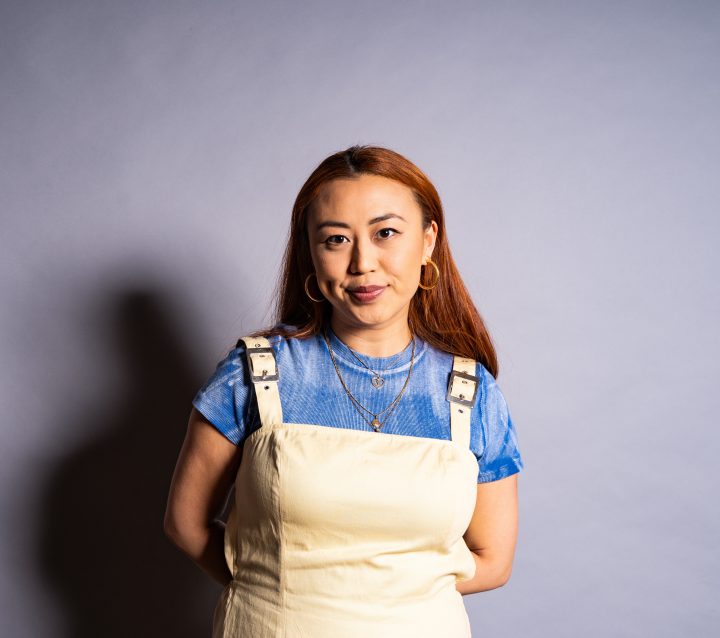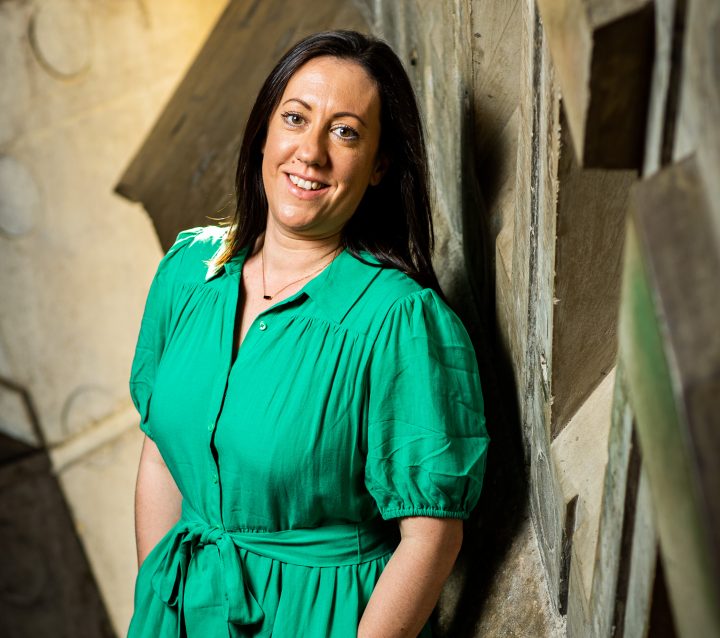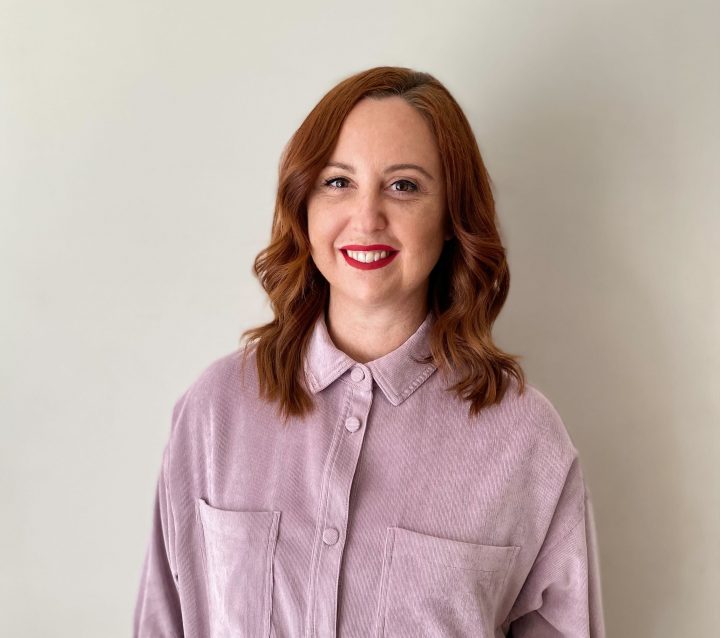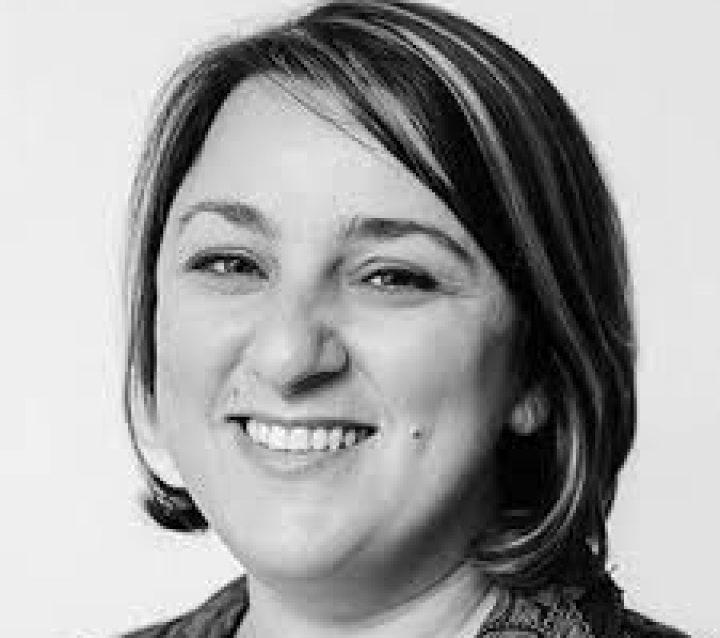
Tell us about your role, what does your day-to-day entail?

It’s incredibly glamorous. I sit behind a computer most of the day thinking up ways to put resources into the hands of culturally diverse artists. Support for diversity in the arts is incredibly under-resourced, despite the fact that more than 50% of us are born overseas or have one parent born overseas. So, most of my work is about building the case for investment in artists whose work is critical to the development of our national identity.
For those who are unfamiliar, tell us a bit about Multicultural Arts Victoria, what artists do you work with/have you worked with?
Multicultural Arts Victoria focuses on the discovery, development and promotion of culturally and linguistically diverse (CALD) contemporary art, artists and forms of cultural expression. Over one million participants are engaged in our programs each year which include long-term initiatives for career development and creative capacity building for over 2,000 artists and 500 communities from diverse and emerging backgrounds. We also work with industry to support audience development, community engagement and artistic excellence with CALD communities.
How did you get your start in the music industry? Did you choose to work in music or did it choose you?
I wouldn’t say I work in the music industry. Partly, because I work with artists across multiple disciplines, and partly because I don’t think the music industry is a place that I identify as being particularly welcoming to outsiders. Maybe this is true of most industries, but I definitely look out for signals that industries are interested in genuine conversations about diversity and inclusion. There are some positive signs, but there is much more work to be done to demonstrate this intention, followed up by action.
Support for diversity in the arts is incredibly under-resourced, despite the fact that more than 50% of us are born overseas or have one parent born overseas. So, most of my work is about building the case for investment in artists whose work is critical to the development of our national identity.
Do you feel that higher education is a necessary step to enter the music industry?
Probably it is. But it definitely shouldn’t be. Higher education still has a lot to answer for in relation to accessibility, particularly for people who are marginalised. If we expect everyone to come with a certain set of credentials, we can’t be surprised that our workforce is homogenous. If everyone comes through these ‘known’ pathways, we narrow the opportunities for innovation. I think we are better served to consider people’s life experiences as valuable as the pieces of paper they carry.
Have you had to overcome any challenges or adversity in your career, and if so, how did you approach them?
As a culturally diverse, female CEO, challenges and adversity are the job description. It would be facile of me to try to summarise the impact of misogyny and racism on my career, but sadly, they are the experiences which have most sharpened my leadership qualities. I do wonder on occasion what kind of leader I would have made if I hadn’t had to deal with the systematic suppression of the talents and contributions of culturally diverse women. What a waste of capacity it is to force diverse leaders to shovel this shit, which is not of our making, before we even get to the other parts of our job.
Who are your role models in the industry be they international or Australian?
My role models are all the leaders who have done the emotional, structural and political labour to enable me, and others like me, to do this job. Most of them are unacknowledged, but their work means everything to me.
Who are your top 3 artists to watch?
MAV works with more than 2000 artists each year – it is impossible to pick a favourite.
Let’s talk about the highs vs the lows of your career, what is your greatest achievement vs a moment you’d prefer to forget?
I’m blessed with very short term memory so if anything really regrettable has happened I’ve confined it to history. I feel that way about achievements, too. They’re great in the moment, but the fight is never over. I’m always concerned that the clock is ticking, and that there are people who are counting on us to pave the way for change.
Who has been your greatest champion in your career, who has helped you along the way?
My greatest champion was an incredible woman named Lesley Hall. She was a fierce disability activist, artist and social justice warrior. She’s no longer with us, but I’m willing to bet there are hundreds of women who would say the same about her. She taught me that it is always about the work, not about the individual.
As a culturally diverse, female CEO, challenges and adversity are the job description. It would be facile of me to try to summarise the impact of misogyny and racism on my career, but sadly, they are the experiences which have most sharpened my leadership qualities.
What do you think is the biggest threat to artists or the industry and what would you do to change it?
The biggest threat to artists or the industry is to maintain the myth that western traditions uphold artistic excellence whilst non-western traditions reflect undeveloped or unsophisticated community forms of culture that do not have appeal beyond cultural borders.
In fact, it is western traditions that have underpinned elitist notions of art, which are struggling for contemporary relevance, whereas cultural forms in non-western traditions are inextricably linked to individual and community identity – and which ultimately will secure their longevity.
What would your younger self like to remind your current self?
That being called ‘difficult’ or ‘contrary’ is not an insult. And that being called ‘passionate’ is a euphemism used to silence and disrespect. Don’t let people call you passionate.
What is your go-to Karaoke song?
As soon as karaoke starts, it’s time to go home.
More Interviews


Phillippa Martin Reiter
Festival Producer // Vivid LIVE at Sydney Opera House // Contemporary Music
Phillippa Martin Reiter
Festival Producer // Vivid LIVE at Sydney Opera House // Contemporary Music

